Debunking the Myth of the UK’s Low Rape Conviction Rates...Again
Feminism leverages female vulnerability as a recruitment tactic.
“Public confidence in the criminal justice system is central to the rule of law. If the CJS does not inspire confidence, there is a fundamental risk to how society views the effectiveness of justice.”
HM Crown Prosecution Service Inspectorate, 2021
Feminists often claim that the UK rape conviction rate is less than 2%, perpetuating the ultimate rape myth of a failing justice system riddled with institutional misogyny. This figure is derived by conflating all complaints made to the police with eventual convictions, a method not applied to other crimes. If other crimes were calculated similarly, their conviction rates would also appear abysmally low, around 6%. When originally writing on this subject in my May 2023 article Feminist Lies and Damn Statistics!, the UK rape conviction rate was 62%, higher than for crimes like threatening to kill, attempted murder, manslaughter, and GBH. Today, the Crown Prosecution Service data summary reports that it has fallen to 59.8%, though this increased 3.2% from the previous quarter. As you can see, rape conviction is a long way from being under 2%.
In 2010, a government report by Baroness Stern, The Stern Report, found that such misrepresentations could deter victims from coming forward. The report garnered only two mainstream write-ups in The Telegraph (see headline image) and The Guardian (below). None of the recommendations by Baroness Stern were adopted by feminists or the media, who continue to recycle these statistics twenty-five years later.
This false negative also permeates political discourse. For example, in 2021, feminist politicians exploited the tragic murder of Sarah Everard to undermine confidence in the justice system.
Labour MP @RosieDuffield1 is recorded in the Hanson Record (a written record of proceedings and debates in Parliament), stating that rape convictions were at a “shocking all-time low”. Another feminist MP, @angelaeagle claimed rape has been “effectively decriminalised.” Media outlets, including @guardian, @thetimes, and the @BBC, constantly repeated these claims, with the BBC allowing then Deputy Labour Leader @AngelaRayner (now Deputy Prime Minister) to assert a 1.6% "charge rate" for rape in 2023, without providing context or correction.
Friends of Sarah criticised the feminist adoption of her as a mascot for misandry. Feminists didn’t care. They objectified and silenced her in pursuit of their own gratification, just as her murderer had.
Decade after decade, as feminists and the media continually inform victims they only have a 2% chance of achieving justice, they are also informing offenders that they have a 98% chance of getting away it. Who is going to feel more “empowered” by such messages?
In 2017, feminists petitioned parliament, claiming that “rape myth” acceptance by jurors was leading to wrongful acquittals. Their “research” however, was based on mock juries and surveys, as all feminist research in this area is.
They demanded an investigation. Boy, did they get it!
Professor Cheryl Thomas QC was commissioned, and her subsequent research, using real jurors, found little evidence of juror bias and confirmed that juries convict more than they acquit in rape cases.
Thomas’ 2020 report, The 21st Century Jury: Contempt, Bias and the Impact of Jury Service, reiterated that the true conviction rate of 62% (at that time) should be publicised to encourage victims to pursue justice, and warned (per Stern) that false narratives harm victims by fostering distrust in the system. Were these results and recommendations accepted by feminists? Of course not!
In 2021, the same myths were used by feminists in Scotland to end jury trials for rape.

What about Rape Crisis, the most prominent organisation for victims of rape? Do they share the good news? That victims have a 60% chance of achieving justice? No. They have changed the messaging slightly, but not to anything encouraging. This was their website in 2023:
And this is their website today:
…and they call these “informed statistics”.
They are still using the “end-to end” statistical model, meaning dividing all reports with all eventual convictions, despite Baroness Stern’s 2010 report warning that it deters victims from coming forward. They even site this as a problem themselves, stating that 38% do not have faith in the justice system when they themselves are the ones with the power to change this!
Feminists leverage vulnerability to promote feminist identifiction and activism.
As I explain here, the primary goal of all feminisms, from radical to intersectional, is to “dismantle patriarchy”, not help women. Eroding public confidence in the justice system is just one facet of that.
The 2023 book Tackling Rape Culture: Ending Patriarchy argues that dismantling patriarchy within the justice system is essential for achieving feminist goals. This includes perpetuating now-debunked “rape myths” about low convictions, jury bias, and victim-blaming.
The author, Jan Jordan—Emerita Professor of Criminology at Victoria University of Wellington, New Zealand—lists “silencing” and “objectification” as two main mechanisms of rape culture yet, by chosing to use the tragedy of Sarah Everard in chapter one, appears oblivious to the fact that this is exactly what she has done to Everard herself.
In a 2022 publication by Jordan, Women, Rape and Justice: Unravelling the Rape Conundrum, she asks herself four questions:
Why, more than half a century of feminist action later, does
the prevalence of sexual violence show few signs of abating?
Despite multiple reviews and reforms, why do so many women still
fear speaking out?
Why (do) those who do speak out still risk being blamed or disbelieved and…
Why, for those who report rape to the police, are the chances of seeing an attacker convicted appear even less likely now than earlier?
This is not a “conundrum”, Jan. The answer to the first three questions is feminist rape myths. The assertion in question four is a flat out lie.
It is not “rape culture” that produces and disseminates rape myths. It is not “patriarchy” that silences and objectifies victims. It is feminism itself, and it leverages female vulnerability as a means to an end.
Without climbing into the almost impenetrable thicket of feminist theory, the concept of “gendered”, “asymmetrical” vulnerability has long had significant implications for feminist activism by shaping its strategies and goals. Between the Dworkinesque “victim” and Butleresque “survivor” narratives, all feminists agree that vulnerability can and should be leveraged in raising the feminist consciousness of the average lumpenfrau.
The above book, published in 2014, discusses using vulnerability to aid feminist activism. In the book below, Katariina Kyrölä, Associate Professor in Media Studies at UCL, discusses employing vulnerability to advocate for social change, consciousness-raising, and resistance against ‘patriarchal’ norms. Ingrid Ryberg, Senior Lecturer in Gender Studies at Gothenburg University, asserts that vulnerability is instrumental in collective feminist activism against ‘patriarchy’.
The above 2018 paper discusses challenging feminist stereotypes and reminding women of their vulnerability to recruit feminist activists:
“[E]ducators or interventionists hoping to promote change may want to promote a more favorable “prototypical feminist” (thereby increasing feminist identification) and also may provide information about vulnerability to sexism (in order to motivate women to engage in feminist behaviors).”
A previous 2004 paper by Zucker, Disavowing Social Identities: What it means when women say, “I’m not a feminist, but… addresses vulnerability to suffering, suggesting that such experiences can serve as formative events that contribute to feminist identity. However, it emphasizes that it is not the experience of suffering itself, but the recognition that the suffering is due to sexism and its injustice, which may raise consciousness and lead to feminist identification.
Thankfully, the 2021 push to end jury trials for rape in Scotland was met with furious backlash and scrapped in 2024.
Yet, here we are in 2025 and a new front has opened up, this time with a man recruited to throw us off the feminist scent perhaps, suggesting trial by jury could be suspended for cases "such as sexual assault, racially or religiously aggravated strangulation, harassment and child abduction." The justification? Post-COVID backlog. Don’t fall for it!
Since 2019, the UK government has spent over £1.3 billion in taxpayers’ money jumping through endless feminist hoops to address a supposedly “misogynist” justice system. Yet 25 years after The Stern Report, feminists refuse to do the one simple thing that would help more victims achieve justice: tell the truth.
Feminists see rape culture, rape myths, jury bias, and patriarchal oppression with the same zeal that Abigail Williams saw Goody Proctor with the Devil. The fact is that no matter how much money is spent, feminists will never be satisfied because their goal isn’t justice—it’s dismantling the structures delivering it.


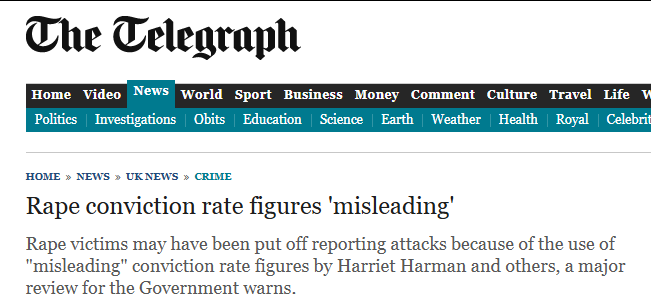
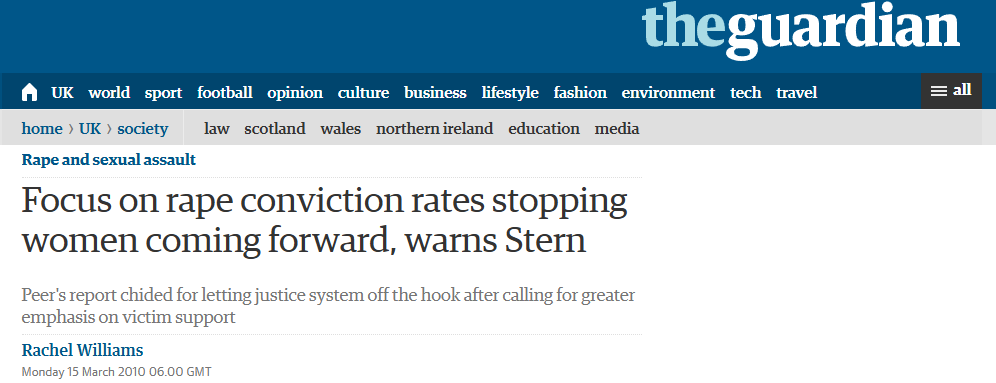
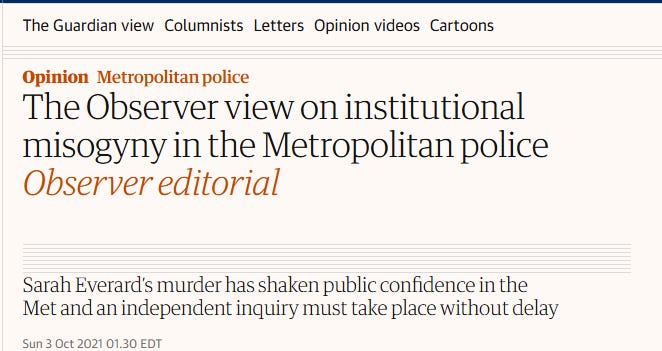
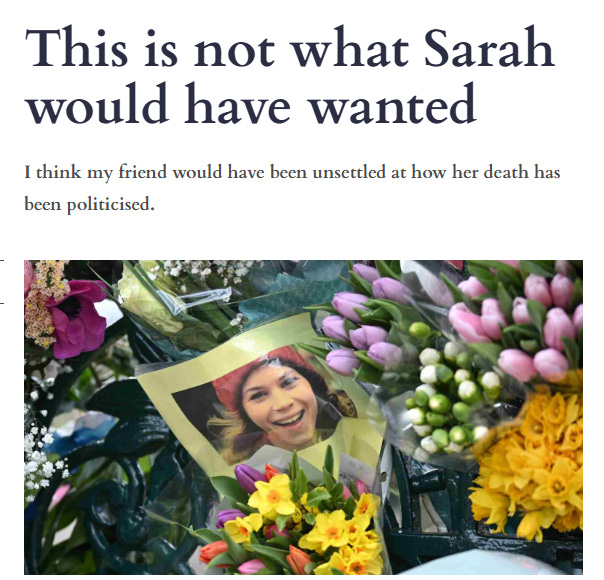
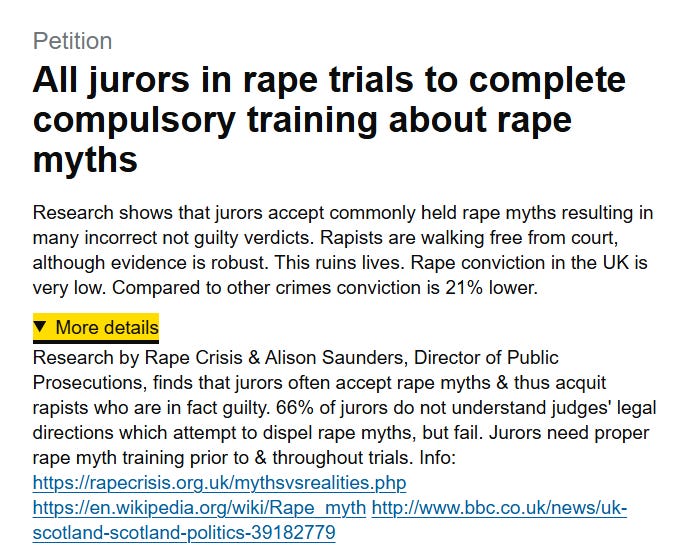
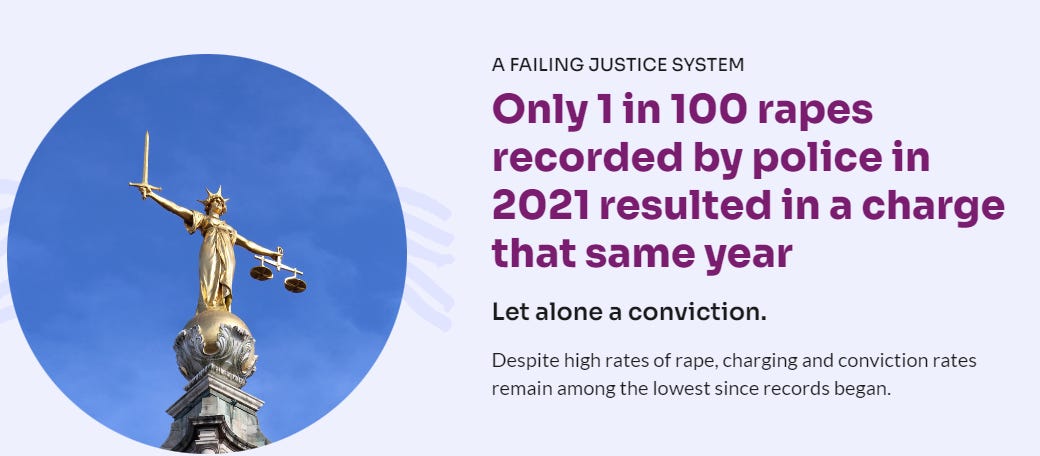
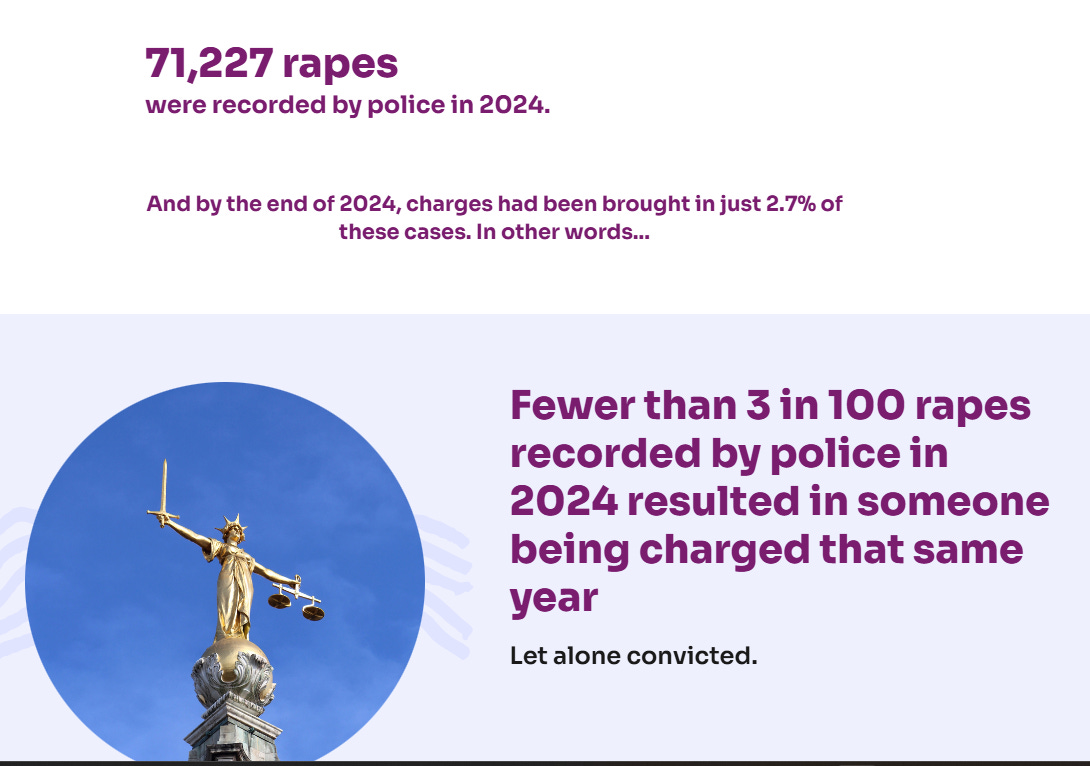
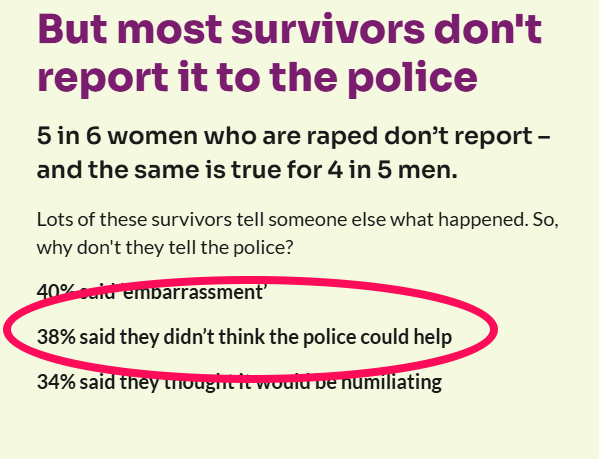
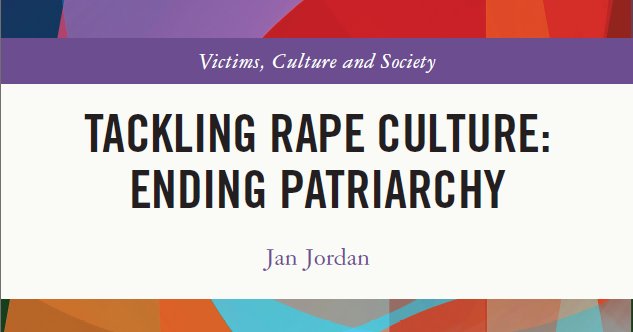
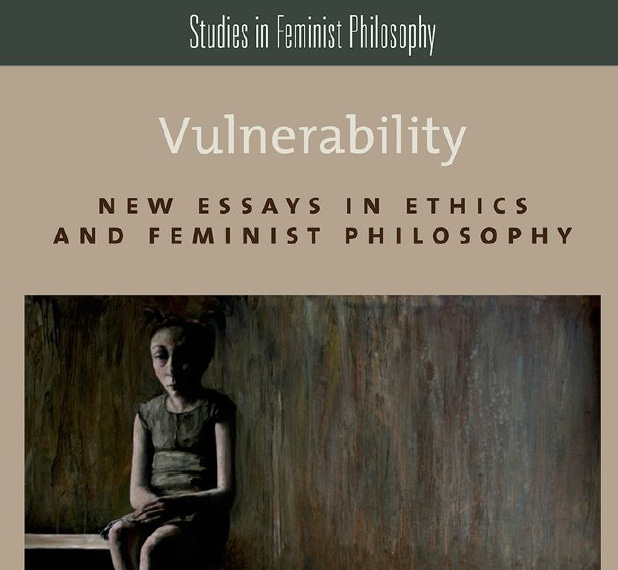
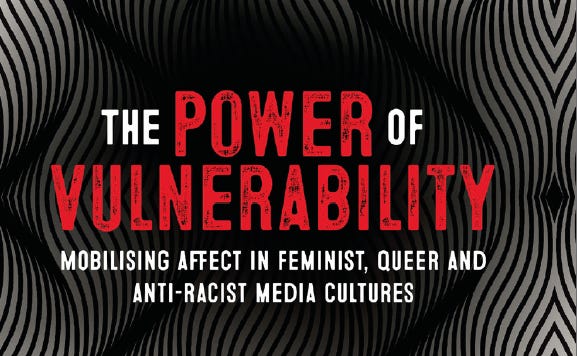
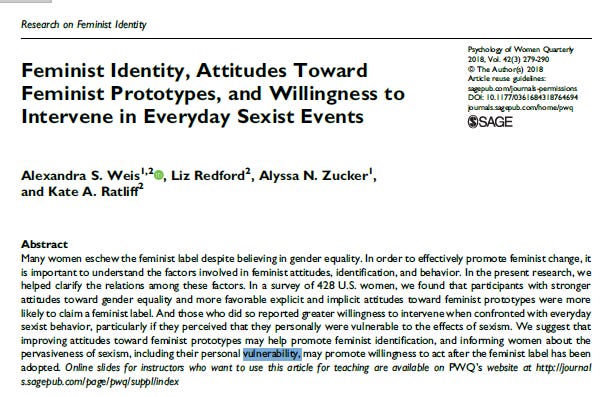
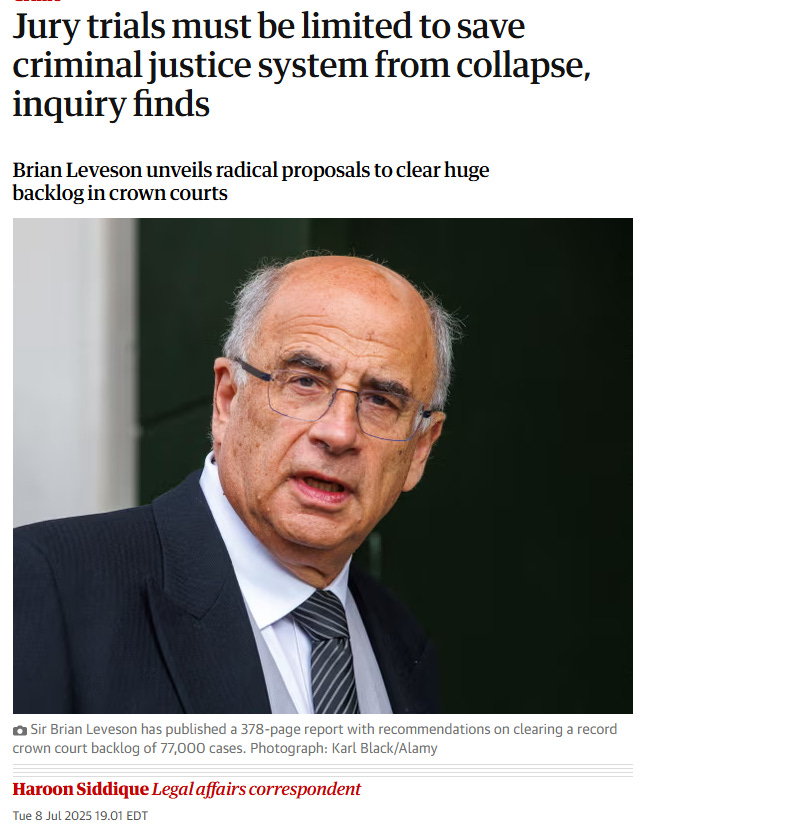
Excellent article Paula with useful data.
If feminists were really concerned more about womens safety and less about fear mongering, they would include statistics that stratify risk and so allow ordinary women to make proper informed choices about their lives. Trouble is, this may reveal some uncomfortable truths!